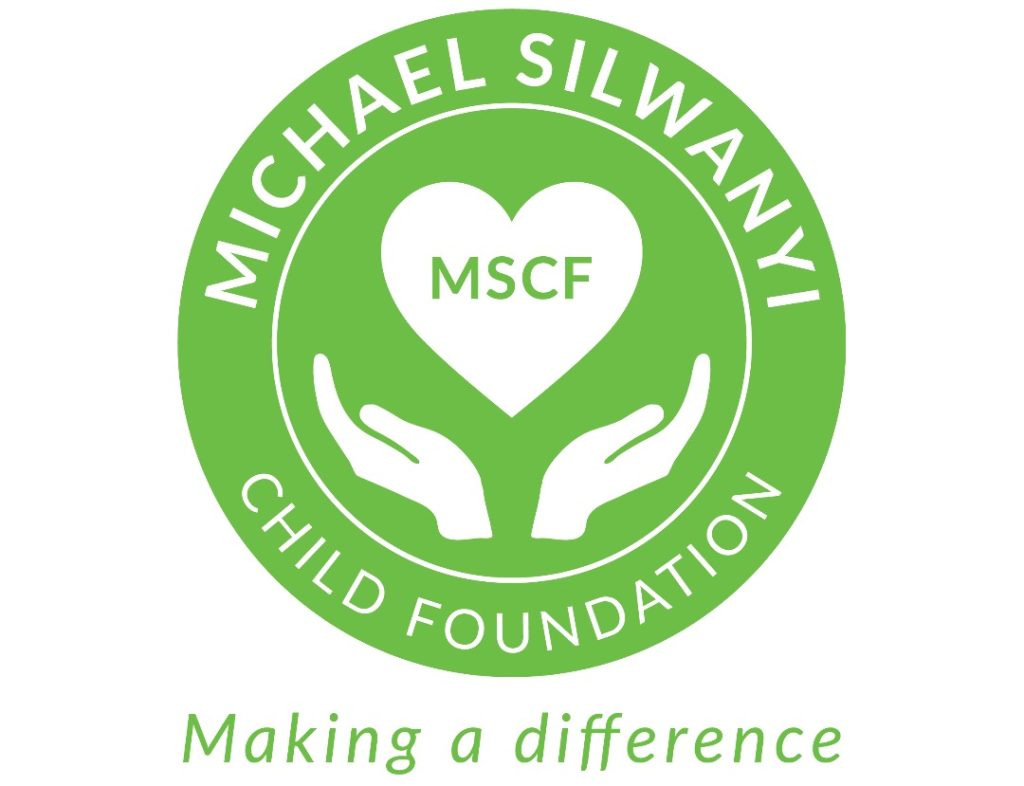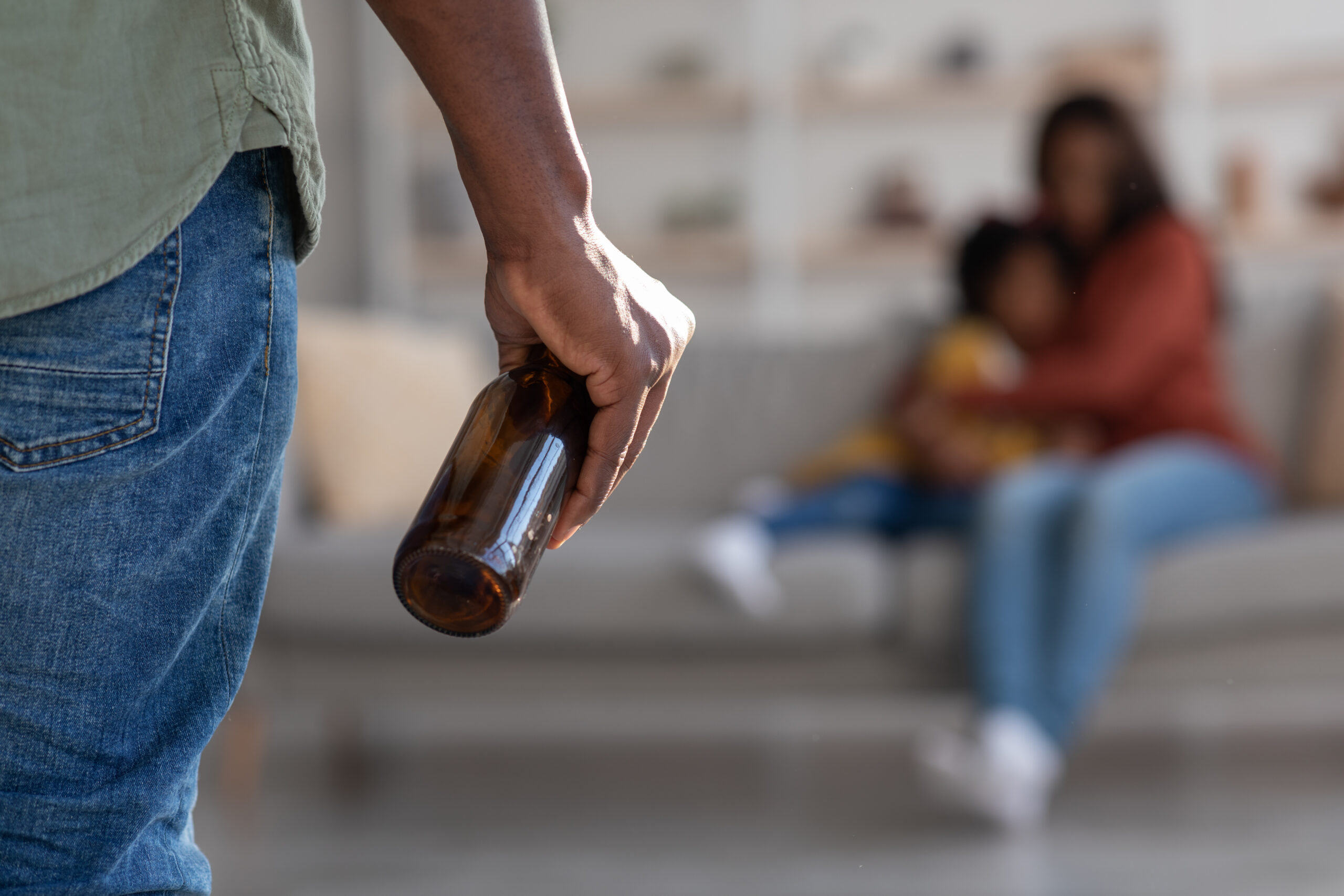Substance abuse refers to the harmful or hazardous use of psychoactive substances, including alcohol and drugs. Addiction, a severe form of substance abuse that affects numerous individuals in Uganda, is a chronic condition characterised by an inability to stop using despite its damaging effects on a person’s health, relationships, and overall well-being. Addiction is a medical and psychological disorder that alters the brain’s chemistry, making it extremely difficult for individuals to regain control over their lives.
Substance abuse and addiction often start innocently—through peer pressure, curiosity, or as a way to cope with challenges in Uganda like unemployment, trauma, or stress. However, what begins as casual use can quickly evolve into dependency. The brain becomes reliant on the substance to release dopamine, a chemical associated with pleasure and reward, leading to a cycle of compulsive use and escalating tolerance. Over time, the individual needs higher quantities of the substance to achieve the same effect, sinking deeper into addiction.
The impact of addiction extends far beyond the individual. It can lead to broken relationships, financial strain, and emotional distress in families. Children growing up in households with addicted parents may experience neglect, abuse, or instability, often perpetuating cycles of trauma and disadvantage. Additionally, addiction strains community resources, contributing to issues like crime, unemployment, and overburdened healthcare systems.
Recognising addiction as a disease rather than a personal failure is crucial for fostering empathy and encouraging solutions. Education and awareness can help dismantle the stigma that often surrounds substance abuse and addiction opening the door for individuals and families to seek help without fear of judgment.
The Ripple Effects of Substance Abuse
Addiction is rarely an isolated problem—it entangles entire families in its web of consequences. In Uganda, where people deeply value family bonds, the effects of substance abuse resonate profoundly, impacting every member of the household. Substance abuse disrupts the emotional, financial, and social fabric of families, leaving behind scars that can take years to heal.
Broken Trust
Addiction erodes the trust that forms the foundation of familial relationships. A loved one’s unpredictability of actions—missed commitments, dishonest behaviour, or erratic moods—creates an environment of tension and mistrust. For spouses, this often leads to feelings of betrayal, frustration, and emotional exhaustion. Children, meanwhile, face confusion and insecurity as they grapple with a parent’s altered behaviour, often feeling unseen or unimportant amidst the chaos.
Financial Devastation
The economic impact of addiction can be catastrophic. Funds that should provide for necessities—such as food, school fees, and medical care—are frequently redirected to sustain the addiction. This financial strain can push families into debt, force children out of school, or lead to property loss. For households already grappling with limited resources, addiction amplifies poverty and reduces opportunities for a stable future.
Anxiety, Guilt, and Despair
For family members, living alongside addiction is emotionally draining. Spouses often carry the burden of trying to manage the addicted individual’s behaviour while shielding children from its effects. Many experience deep guilt, questioning whether they could have done more to prevent the addiction. Over time, this relentless emotional strain can lead to anxiety, depression, and burnout. Children are especially vulnerable, internalising the turmoil and sometimes blaming themselves for their parent’s struggles.
Isolation and Silence
In many Ugandan communities, addiction is seen as a moral failing rather than a health condition. This perception often leads to judgment and blame rather than compassion and support. Individuals struggling with substance abuse are frequently labelled as weak-willed or irresponsible, and their families may also face criticism for not being able to “control” the situation. This moral framing not only stigmatises those directly affected but also isolates entire families, deepening the sense of shame and hopelessness.
Silence as a Coping Mechanism
Cultural norms often discourage open discussions about addiction. Families may remain silent about a loved one’s struggles, fearing judgment or damage to their reputation within the community. This silence allows addiction to persist in the shadows, preventing affected individuals from accessing the support systems they desperately need. It also perpetuates a cycle where addiction is treated as a private problem rather than a public health issue.
Children Caught in the Crossfire
Children are among the most vulnerable victims of substance abuse, often bearing the brunt of its devastating consequences in silence. In Uganda, where family dynamics are deeply interwoven with cultural identity and social stability, the impact on children is particularly heartbreaking. These young lives are often overlooked in the broader discourse on addiction, yet their suffering is profound and far-reaching.
Emotional and Psychological Trauma
For children, growing up in a home with substance abuse can feel like living in an emotional minefield. The unpredictable behaviour of an addicted parent creates an environment of chaos and insecurity. Fear, confusion, and shame become constant companions. Many children feel guilty, believing they are somehow responsible for their parent’s struggles.
This emotional turmoil often leads to anxiety, depression, and behavioural problems. In some cases, children may adopt coping mechanisms that mimic the addiction they witness, setting the stage for intergenerational cycles of substance abuse.
Disruption of Education
Education is a powerful tool for breaking the cycle of poverty and addiction, yet children in households affected by substance abuse are frequently denied this opportunity. Financial resources are often diverted to sustain the addiction, leaving little for school fees, uniforms, or learning materials. Absenteeism and poor academic performance become common as children struggle to balance school with the demands of a disrupted home life.
Neglect and Abuse
Substance abuse often leads to neglect, as addicted parents may become unable to provide necessities such as food, clothing, or medical care. In some cases, addiction also increases the likelihood of domestic violence, leaving children physically and emotionally scarred. This neglect and abuse rob children of their sense of safety and self-worth, with effects that can last well into adulthood.
Despite the challenges, there is hope for these children. The Michael Silwanyi Foundation is committed to addressing their unique needs through targeted interventions. Programs offering counselling and emotional support help children process their trauma and rebuild their confidence. Educational sponsorships and mentorship initiatives provide pathways to a brighter future, breaking the cycle of addiction and poverty.
Children are the future of Uganda, and safeguarding their well-being is critical to the nation’s progress. By addressing the needs of these hidden victims, we can create a society where every child has the opportunity to thrive, free from the shadows of addiction.
Root Causes of Substance Abuse and Addiction
Substance abuse in Uganda is not an isolated phenomenon; it is deeply rooted in socio-economic and cultural factors that shape individual behaviours and community norms. Understanding these root causes is essential to addressing the growing prevalence of addiction and its impact on families.
The reasons behind substance abuse in Uganda are as diverse as they are complex, often linked to underlying societal, economic, and psychological factors:
- Poverty and Unemployment. With limited job opportunities and widespread economic challenges, many turn to substances as a form of escape or temporary relief.
- Peer Pressure and Social Influences. Among young people, substance use is often normalised in social settings, leading to experimentation and eventual dependency.
- Stress and Trauma. Psychological pain caused by loss, domestic violence, or other personal hardships frequently drives individuals toward substances as a coping mechanism.
- Cultural Norms and Accessibility. In many communities, alcohol is deeply ingrained in social and cultural rituals, making it readily accessible and socially acceptable, even in excess.
- Lack of Awareness and Education. Limited understanding of the dangers of substance abuse often leads individuals to underestimate its long-term consequences.
The Role of Globalization and Modernization
The influence of globalisation has introduced new substances and exacerbated existing challenges. Synthetic drugs and counterfeit medications are now readily ed Ugandan markets, presenting new dangers that communities are ill-equipped to handle. Simultaneously, the normalisation of substance use in media and pop culture has made it more appealing to impressionable youth.
MSCF’s Mission: Supporting Families Through Addiction Recovery
Guided by the belief that addiction is a disease—not a personal failing—the Michael Silwanyi Child Foundation seeks to transform the lives of individuals and families affected by substance abuse. Our mission is to provide the support, tools, and resources necessary to empower individuals to overcome addiction and to restore the bonds of love and trust within families.
A Holistic Path to Healing
Our approach to addiction recovery is holistic and family-centered. We understand that the journey to recovery extends beyond the individual—it involves creating a nurturing and supportive environment that fosters healing for everyone impacted. That’s why we offer various services, from personalised counselling and rehabilitation referrals to family therapy sessions that rebuild the foundations of trust and communication.
For many families, addiction brings feelings of hopelessness and isolation. At the Michael Silwanyi Child Foundation, we step into these moments of darkness to offer a guiding light. Through tailored support programs, we help individuals confront their addiction while equipping their families with the tools to support them on this journey.
Empowering Communities Through Education
We know that preventing addiction is as vital as treating it. Our Foundation focuses on education and awareness campaigns that reach schools, churches, and communities across Uganda. We host workshops and events that educate people about the dangers of substance abuse and teach them practical strategies to resist peer pressure and make healthier choices.
Our mentorship programs provide role models who guide young people toward fulfilling futures free from addiction. By engaging with youth and providing alternatives like sports, skills training, and creative activities, we are sowing seeds of resilience that will bear fruit for generations.
Breaking Stigma, Building Support
In Uganda, stigma often silences those battling addiction, leaving families to struggle in secrecy. At Michael Silwanyi Child Foundation, we aim to break this silence. We partner with local leaders, religious institutions, and community groups to foster open dialogue about addiction. Through public forums and advocacy campaigns, we work tirelessly to shift the narrative, showing that addiction is a treatable condition—not a source of shame.
We also advocate for systemic change. From pushing for better access to affordable rehabilitation services to influencing policies that prioritise addiction as a public health issue, we are on the front lines of creating a society that supports recovery and prevention.
Real Stories, Real Impact
Every day, we witness the profound transformations possible when compassion and care meet determination. Families who once felt shattered by addiction now stand united, stronger than ever. Individuals who believed they had no future have found purpose, joy, and self-worth in their recovery journeys. These stories are not just outcomes—they are the heartbeat of our mission.
At the Michael Silwanyi Child Foundation, we believe we can build a future where addiction no longer defines families or communities. Through the collective strength of those who support our mission—volunteers, donors, and partners—we continue to fight for a Uganda where every family can thrive.
Partnering with Michael Silwanyi for a Brighter Future
We firmly believe that combating addiction and supporting affected families requires collective action. Addiction is a challenge too great for individuals or families to face alone. Still, together—as a community and nation—we can create a future where hope triumphs over despair. To achieve this vision, we need your partnership.
Why Your Support Matters
Addiction doesn’t just affect individuals—it ripples out, leaving families and communities in turmoil. Many people we serve lack the financial resources for counselling, rehabilitation, or essential support. With your help, we can bridge this gap and ensure everyone has access to the care and resources they need to heal, regardless of their circumstances.
Your support enables us to:
- Expand our counselling and rehabilitation referral programs.
- Provide educational workshops in schools, churches, and community centres.
- Empower families through therapy and financial assistance.
- Advocate for better policies and resources for addiction prevention and treatment.
Each donation, no matter the size, directly impacts the lives of those we serve, helping to rebuild families and restore hope.
Ways you can Get Involved
There are many ways you can join us in this mission:
- Donate: Financial contributions help us sustain and expand our programs. Every donation goes directly toward providing critical support to individuals and families affected by addiction.
- Volunteer: Your time and expertise can make a difference. Whether it’s mentoring youth, leading workshops, or assisting with community outreach, your involvement is invaluable.
- Advocate: Help us raise awareness about addiction and its impact. Share our mission with your network, organise local events, or partner with us to advocate for systemic change.
- Sponsor a Family or Individual: By sponsoring a family or individual, you can provide targeted support for their recovery journey, covering costs like counselling, school fees, or vocational training.
A Shared Vision for the Future
Partnering with the Michael Silwanyi Child Foundation means joining a movement to create lasting change. Together, we can:
- Break the stigma surrounding addiction.
- Equip communities with the knowledge and resources to prevent substance abuse.
- Ensure that no one facing addiction feels alone or unsupported.
Every step we take together is toward a brighter, healthier Uganda. Whether you choose to donate, volunteer, or advocate, your contribution brings us closer to a future where addiction no longer defines lives or families.
Take Action Today
We invite you to join us on this journey. Contact us to learn more about our programs, success stories, and how you can get involved. Together, we can confront addiction, heal families, and build a future filled with hope and resilience.
Let’s make a difference—because every life matters.







